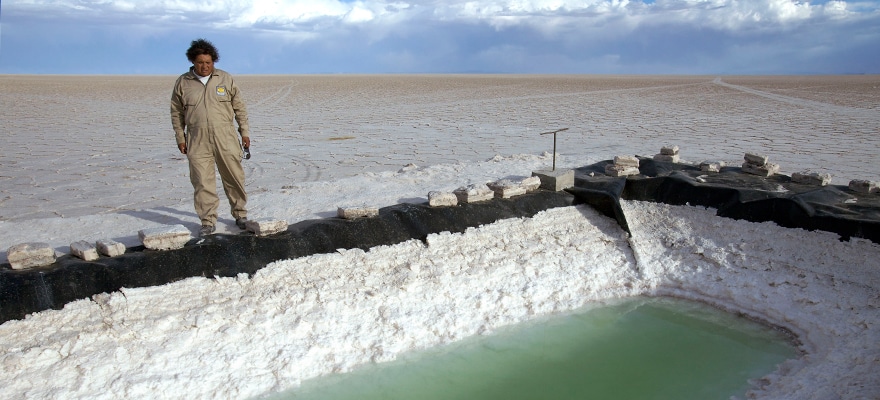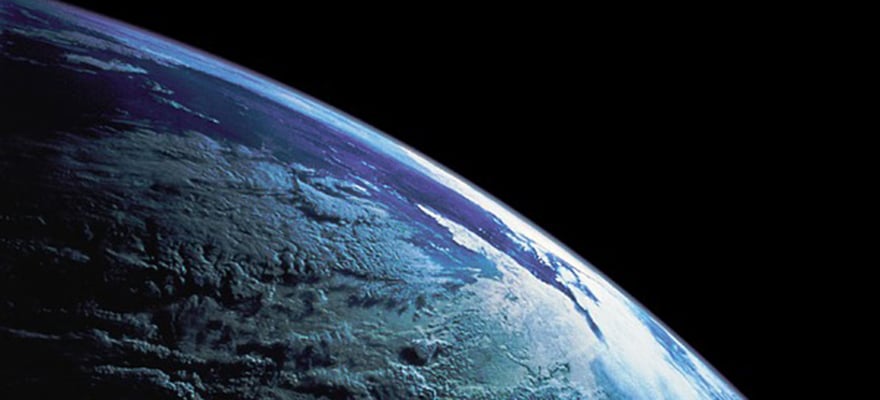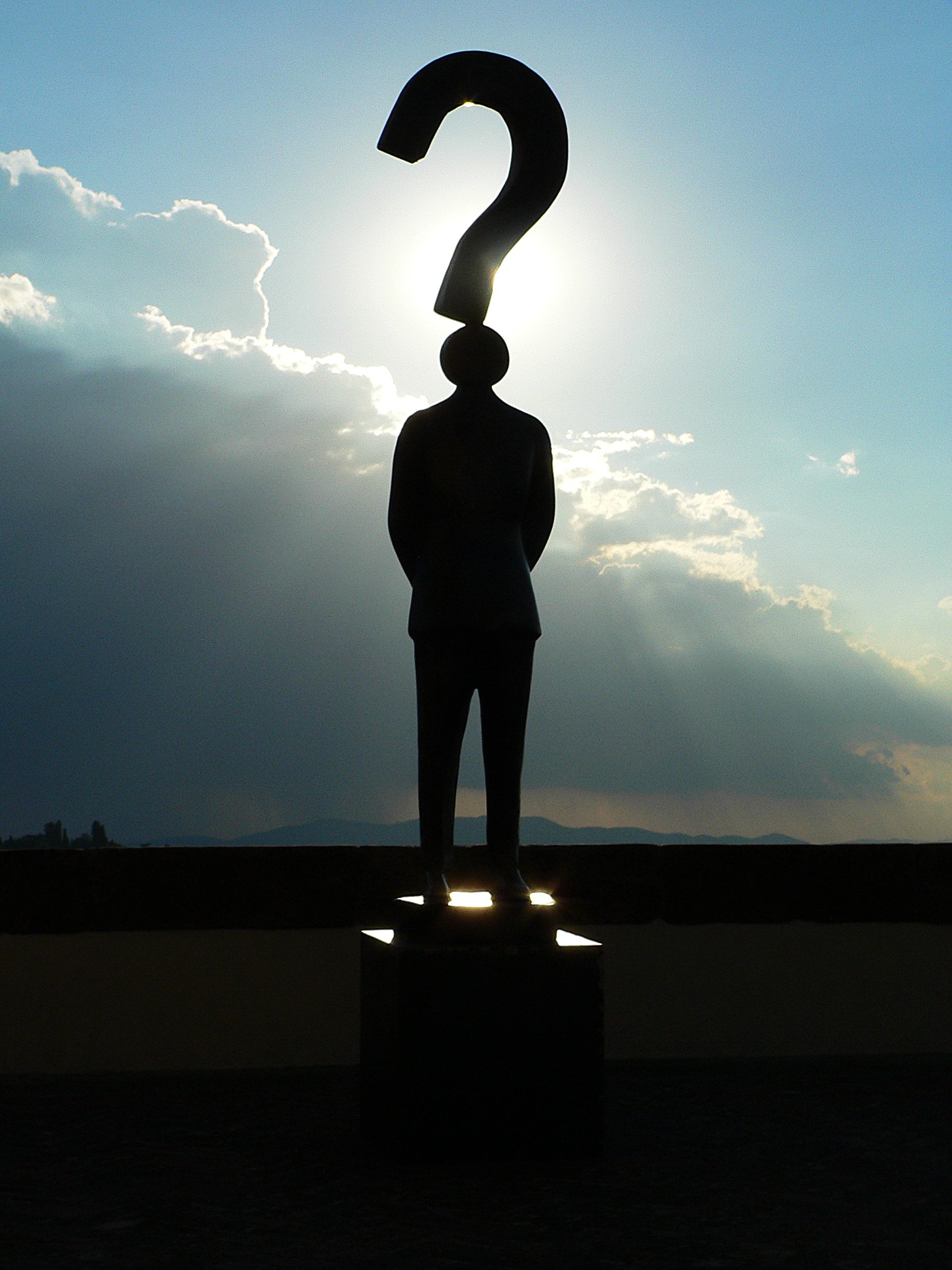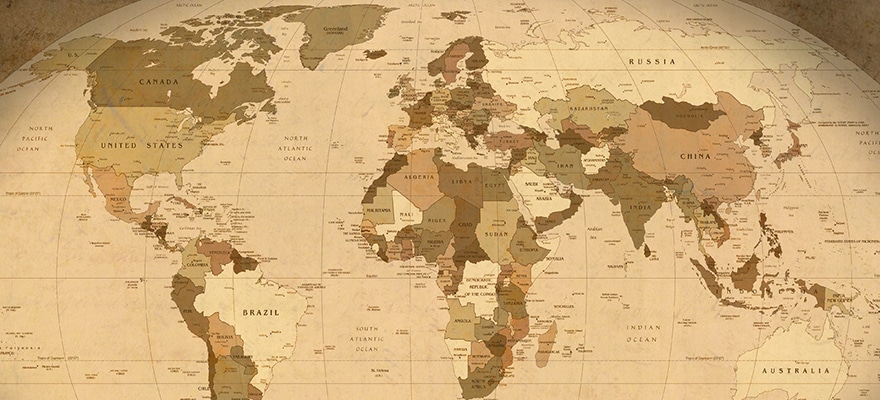Reverse or trickle-up innovation is the concept that ideas which take root in emerging markets and economies can be adopted by developed markets and economies to their benefit. Trickle-up economies are those ideally situated to benefit from solar, wind and other types of power. Prime Minister Modi of India calls for the solar-infused world to take advantage of its naturally-provided resources in the same way that Mahatma Gandhi advocated Indians to use homespun cloth.
I am intrigued by the idea that lithium may influence and accelerate reverse innovation. Almost 60% of global lithium deposits are found in Argentina, Chile and Bolivia. It is estimated that Afghanistan could be the Saudi Arabia of lithium. Used to power cell phones and EVs, lithium is considered by Goldman Sachs to be the new gasoline.
Elon Musk's Tesla and BYD of China have created stylish and technologically advanced passenger cars powered by lithium-ion batteries. The 200-250 mile range of these vehicles enable their operators to set aside range anxiety, one of the major concerns about EVs.
It is estimated that Afghanistan could be the Saudi Arabia of lithium.
More and more buses and utility vehicles are being adapted with lithium-ion battery-powered electric motors and they are apparently here to stay. Tesla's concept of the Powerwall as battery backup for roof-mounted solar systems and wind turbines for the home, is being advanced with its gigafactory in Nevada. The Powerwall is a battery backup for powering the home.
Some of the intriguing questions brought about by these technological leaps and resource advantages are:
- Will lithium bring about a reversal of fortune for such countries as Afghanistan, Argentina, Bolivia and accelerate the development of Chile?
- Will lithium be a resource curse for the emerging markets or will the conflation of lithium with solar and wind power lead to a diffusion of power and a more egalitarian distribution of opportunity, jobs and wealth?
- Will South America become a lithium OPEC?
- How will the availability and use of lithium impact such countries as Russia, Venezuela and Nigeria and such diverse areas as the Middle East and the Caspian where economies are so dependent on oil and gas exports?
I am genuinely curious about your thoughts and look forward to reading them.


















